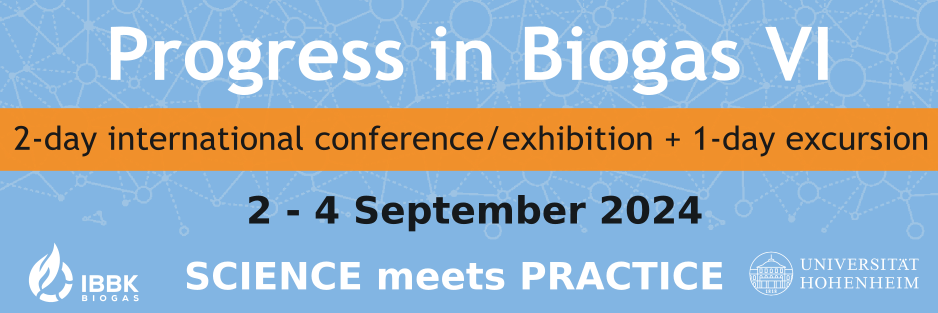Drax Biomass inks ‘unprecedented’ agreement to protect forested wetlands from logging
Drax Biomass (DBI), a pellet manufacturer operating in the Southeast US, has signed an agreement declaring the cypress and tupelo stands found in forested wetlands, including the Atchafalaya Basin, to be off-limits for its timber purchases.
Louisiana’s famed Atchafalaya Basin is a popular destination for boaters, fishermen, and migratory birds.
The “river of trees,” noted for its magnificent cypress-tupelo swamps, has also been eyed by logging operations, some illegal, for mulch and lately for wood pellets.
A collaborative effort between the bioenergy company and Atchafalaya Basinkeeper (ABK), a non-profit organisation dedicated to protecting and restoring the area’s ecosystems, aims to provide greater protection for these and other valuable forested wetlands.
DBI and ABK initiated the effort after company officials were alerted to the Basin’s unique ecological value by Basinkeeper Dean Wilson.
In the months that followed, the two organisations worked together to agree on a set of sourcing practices that will strengthen environmental protection and promote sustainable use of forest resources.
By committing to these sourcing practices on National Bioenergy Day, DBI and ABK hope to encourage other bioenergy companies to follow suit.
“The irreplaceable cypress and tupelo stands are far more precious as habitat than as timber,” said DBI president and CEO Pete Madden.
“Drax Biomass is committed to sustainable procurement practices, and we believe this commitment should extend to the protection of ecosystems such as the Atchafalaya Basin.”
Working with Catahoula-based ABK, DBI adopted the sourcing principles that it hopes will become standard industry best practices.
ABK has been concerned about logging in wetland forests and the activity’s impact on the sensitive biomes.
“The commitment by Drax Biomass to do business in a way that protects Louisiana’s natural forests and wetlands sets an unprecedented sustainable standard for the natural forestry resources industry in our state,” said Wilson.
“This is a great example of how softwood-based forestry can be compatible with the imperative to protect cypress-tupelo swamps, the Atchafalaya Basin, and other ecosystems.”
‘Room for improvement’
ABK also worries that, as the forestry industry sees more demand from a recovering economy, some natural forests could be harvested and replanted as managed pine plantations, reducing biodiversity in the state.
DBI committed to use southern yellow pine as the primary source material at its pellet manufacturing facilities in Bastrop, Louisiana, and Gloster, Mississippi.
Drax also committed to not source material from land that is being converted from natural hardwood forest to plantation, or from land that has undergone such conversion since 2008.
DBI does not operate its own timberlands and sources thinnings and other low-grade wood from landowners within a 70-mile radius of the two plants.
The sourced material also includes wood chips and other residuals from local sawmills.
The vast majority of DBI’s feedstock will be comprised of southern yellow pine, although some hardwood fibre may occasionally enter the supply chain.
“Our landowners and suppliers have a long history of practicing sustainable forest management, and they take great pride in the stewardship of the environment,” Madden said.
“Nonetheless, our industry has room for improvement, and so I hope our commitments to ABK will encourage others in the bioenergy industry and broader forestry sector to seek out similar opportunities for collaboration.”
Drax Biomass is a subsidiary of the UK-based Drax Group, and supplies its pellets worldwide, including to the Drax biomass plant in the UK.























